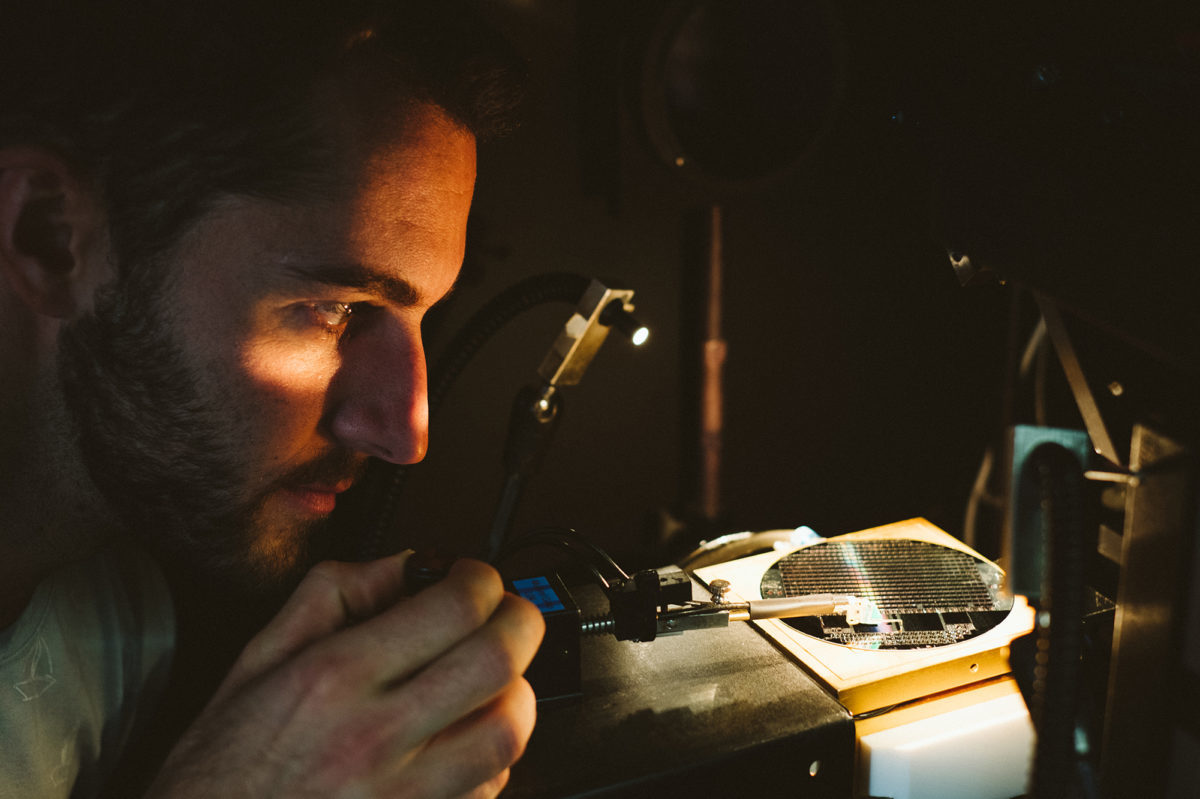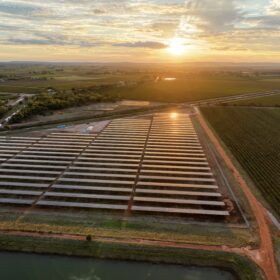From pv magazine global
DuPont Electronics and Imaging’s Photovoltaic Solutions business will work with the Fraunhofer Institute for Solar Energy Systems ISE to improve accelerated testing protocols for crystalline silicon (c-Si) solar panels.
Under the terms of their collaborative agreement, Fraunhofer ISE will validate and accelerate DuPont’s sequential testing methods for PV modules, to facilitate the provision of service-life estimation calculations. The tests will focus on common kinds of in-field panel degradation at the backsheet level, in line with the kinds of materials used. Fraunhofer ISE will fine-tune the testing protocols to create a simplified approach to address what the partners referred to as “one of the biggest challenges” in the global solar industry.
“Studying how panels age in the field under multiple environmental stresses is critical for customers and [the] future development of materials,” said Kaushik Roy Choudhury, global reliability manager for DuPont Photovoltaic Solutions.
The planned tests will draw on DuPont’s module accelerated sequential testing protocols, under which PV modules are put through sequences including damp heat, UV and thermal cycling. The partners aim to generate accelerated test conditions aligned with realistic stresses common in the field.
Whole life testing
“The aim of this work is to determine whether the proposed accelerated testing protocols can accurately predict [the] service lifetime of solar panels made with different types of materials,” said Karl-Anders Weiss, project manager for Fraunhofer ISE. “Our intent is to move from the current IEC standards, which are limited to predicting early stage failure mechanisms, to a longer-term view of panel aging in the field.”
In November, DuPont Photovoltaic Solutions signed a strategic collaborative agreement with China’s GCL System Integration Technology, to jointly improve the quality of its PV products. Last year DuPont forged a new partnership with Shanghai-based Envision Energy to develop new degradation analytics for PV modules.
In January, Fraunhofer ISE revealed its researchers had achieved a 22.3% efficiency record for silicon multi-junction solar cells, via advances made in tandem versions. Their results marked the culmination of a project that was in development for more than a decade.
This content is protected by copyright and may not be reused. If you want to cooperate with us and would like to reuse some of our content, please contact: editors@pv-magazine.com.







By submitting this form you agree to pv magazine using your data for the purposes of publishing your comment.
Your personal data will only be disclosed or otherwise transmitted to third parties for the purposes of spam filtering or if this is necessary for technical maintenance of the website. Any other transfer to third parties will not take place unless this is justified on the basis of applicable data protection regulations or if pv magazine is legally obliged to do so.
You may revoke this consent at any time with effect for the future, in which case your personal data will be deleted immediately. Otherwise, your data will be deleted if pv magazine has processed your request or the purpose of data storage is fulfilled.
Further information on data privacy can be found in our Data Protection Policy.